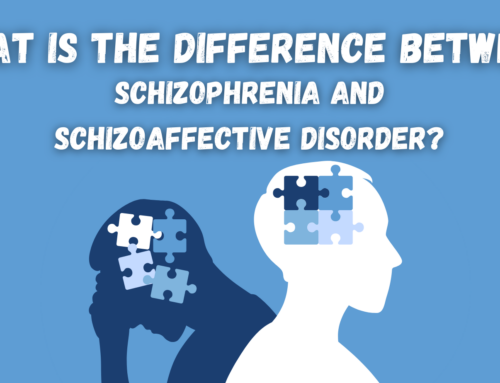Many cancer survivors deal with pain whether it is cancer itself, the treatments, or both. While some pain can be for a short time, cancer or treatments can lead to long-lasting chronic pain. Judith Paice, Ph.D., R.N., who is the director of the Cancer Pain Program at Northwestern University’s Feinberg School of Medicine, believes that the opioid epidemic is a real concern for cancer patients and for preventative measures to be done to ensure they do not develop an opioid addiction.
What Medications Are Used For Cancer Patients?
Any opioid medications can be used to treat cancer. There are non-opioid agents like Tylenol, Motrin, or Advil. For nerve pain, antiseizure medication is used like Neurontin or Gralise or antidepressant-types like Cymbalta. While oncology providers do rely heavily on opioids, they also believe in using multiple forms of therapy like physical therapy, occupational therapy, orthotics, cognitive behavioral therapy, massage, and other forms.
How Does the Opioid Epidemic Affect Cancer Patients, Cancer Survivors, and Their Relatives?
There are some patients who are reluctant about taking opioids for pain management and family members are often concerned as well. There are some relatives who will withhold medicine from their loved one who is in pain or question that person’s need for opioids.
How Are Healthcare Providers Affected By the Opioid Epidemic?
Many primary care doctors are not prescribing opioids anymore. Oncologists are still prescribing opioids, but are wary to do so. This makes it harder for patients to obtain a prescription for pain medication. People who prescribe opioids are afraid of facing legal action for their practices and there is more of an awareness of prescription monitoring more closely than before. Insurance companies also make opioid medication access harder, making prescribers reluctant to introduce opioids to cancer patients.
What is the Best Way For Opioids to Be Used to Treat Cancer?
Oncology care providers need to see if opioids are the right drug for the patient based on pain assessment and the drug’s effect as well as the risks. Providers should also have strategies to reduce misuses like urine testing, evaluation of a patient’s history of filling prescriptions, doing pill counts, and using patient-provider agreements or contracts. Patients at high risk of misuse may not even be given an opioid or get smaller amounts of the medication. By monitoring a cancer patient’s use of opioids, the chances of developing an opioid addiction should decrease.
Located in Georgetown, Texas, Alma Loma is a transformative living center to help those struggling in early recovery to transition out of our Psychiatric and Substance Abuse residential center. Alma Loma believes that addiction is born from an untreated mental illness in which our facility is willing to help you. Our facility offers residency, medication management education, individualized treatment, life skills education, 12-step support, and more tools to bring patients the confidence to be able to live an independent life. For more information, please call us at 866-457-3843.



